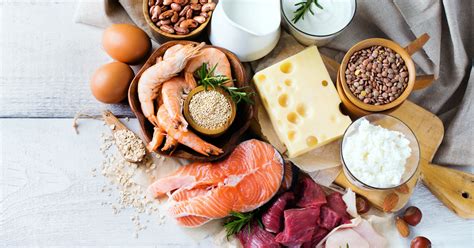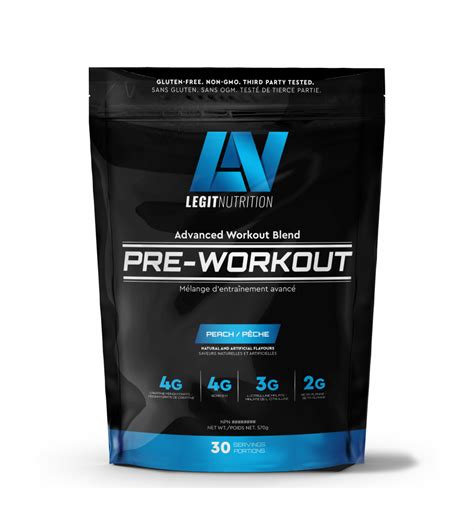Fueling Peak Performance: The Science of Pre-Workout Nutrition for Men
For men dedicated to maximizing their energy levels and accelerating muscle growth, what you consume before hitting the gym is just as critical as the workout itself. The right pre-workout fuel can significantly impact your strength, endurance, focus, and recovery. It’s not just about eating something; it’s about strategically providing your body with the nutrients it needs to perform at its best.

The Power of Carbohydrates: Your Primary Energy Source
Carbohydrates are the body’s preferred and most efficient source of energy, especially for high-intensity exercise. When digested, carbs are broken down into glucose, which is then stored as glycogen in your muscles and liver. Adequate glycogen stores are vital for sustaining energy throughout your workout, preventing fatigue, and supporting explosive power.
For a quick energy boost closer to your workout (30-60 minutes out), opt for easily digestible simple carbohydrates like fruit (banana, berries) or a small amount of honey. If you have 2-3 hours before your session, complex carbohydrates such as oatmeal, brown rice, whole-grain bread, or sweet potatoes will provide a sustained release of energy, preventing blood sugar crashes.
Proteins for Protection and Growth
While carbohydrates provide the energy, protein plays an indispensable role in muscle repair and growth. Consuming protein before a workout can help reduce muscle damage, decrease muscle protein breakdown during exercise, and kickstart the muscle protein synthesis process immediately afterward. This sets the stage for faster recovery and greater gains.
Good pre-workout protein sources include lean chicken breast, Greek yogurt, egg whites, or a scoop of whey protein powder. Aim for easily digestible forms to avoid stomach discomfort during your workout. Combining protein with carbohydrates is often considered the optimal strategy to leverage both benefits.

Fats: A Supporting Role
Dietary fats are essential for overall health, hormone production, and provide a slower-burning energy source. However, consuming significant amounts of fat immediately before a workout is generally not recommended as they slow down digestion, which can lead to stomach discomfort and reduced nutrient absorption when you need it most. Small amounts of healthy fats from sources like avocados, nuts, or seeds can be included in a meal consumed 2-3 hours prior to exercise, but they shouldn’t be the primary focus of your immediate pre-workout fuel.
Timing Your Fuel for Maximum Impact
The timing of your pre-workout meal or snack is crucial. As a general guideline:
- 2-3 Hours Before: A larger, balanced meal containing complex carbohydrates, lean protein, and a small amount of healthy fats. This allows ample time for digestion and nutrient absorption. Example: Chicken breast with brown rice and steamed vegetables.
- 30-60 Minutes Before: A lighter snack focusing on easily digestible carbohydrates and a small amount of protein. This provides a quick energy boost without weighing you down. Example: Banana with a spoonful of peanut butter, or Greek yogurt with berries.

Beyond Food: Hydration and Key Supplements
Don’t overlook the importance of hydration. Being even slightly dehydrated can significantly impair performance. Ensure you’re well-hydrated throughout the day and consume 16-20 ounces of water 2-3 hours before your workout, and another 8-10 ounces 30 minutes prior.
While food forms the foundation, certain supplements can complement your pre-workout strategy:
- Caffeine: Can enhance focus, reduce perceived exertion, and improve endurance.
- Creatine Monohydrate: Boosts strength, power, and muscle mass by aiding ATP regeneration.
- Branched-Chain Amino Acids (BCAAs): May help reduce muscle breakdown during intense exercise, though their impact is less significant if adequate protein is consumed.
Always consult with a healthcare professional or registered dietitian before introducing new supplements.

Individualization: Listen to Your Body
What works perfectly for one individual might not for another. Factors like metabolism, workout intensity, duration, and personal preferences all play a role. Experiment with different foods, timings, and quantities to discover what makes you feel energized, performs best, and avoids digestive distress. Keep a log to track your performance and how different pre-workout meals affect you.

Conclusion: Fuel Smart, Train Hard, Grow Strong
Optimizing your pre-workout fuel is a critical component of maximizing energy and muscle gain. By strategically combining carbohydrates for energy, protein for muscle protection and growth, and ensuring proper hydration, you equip your body for peak performance. Remember to time your meals appropriately and listen to your body’s unique needs. With the right nutritional strategy, you’re not just working out; you’re building a stronger, more powerful you, one fuel choice at a time.




